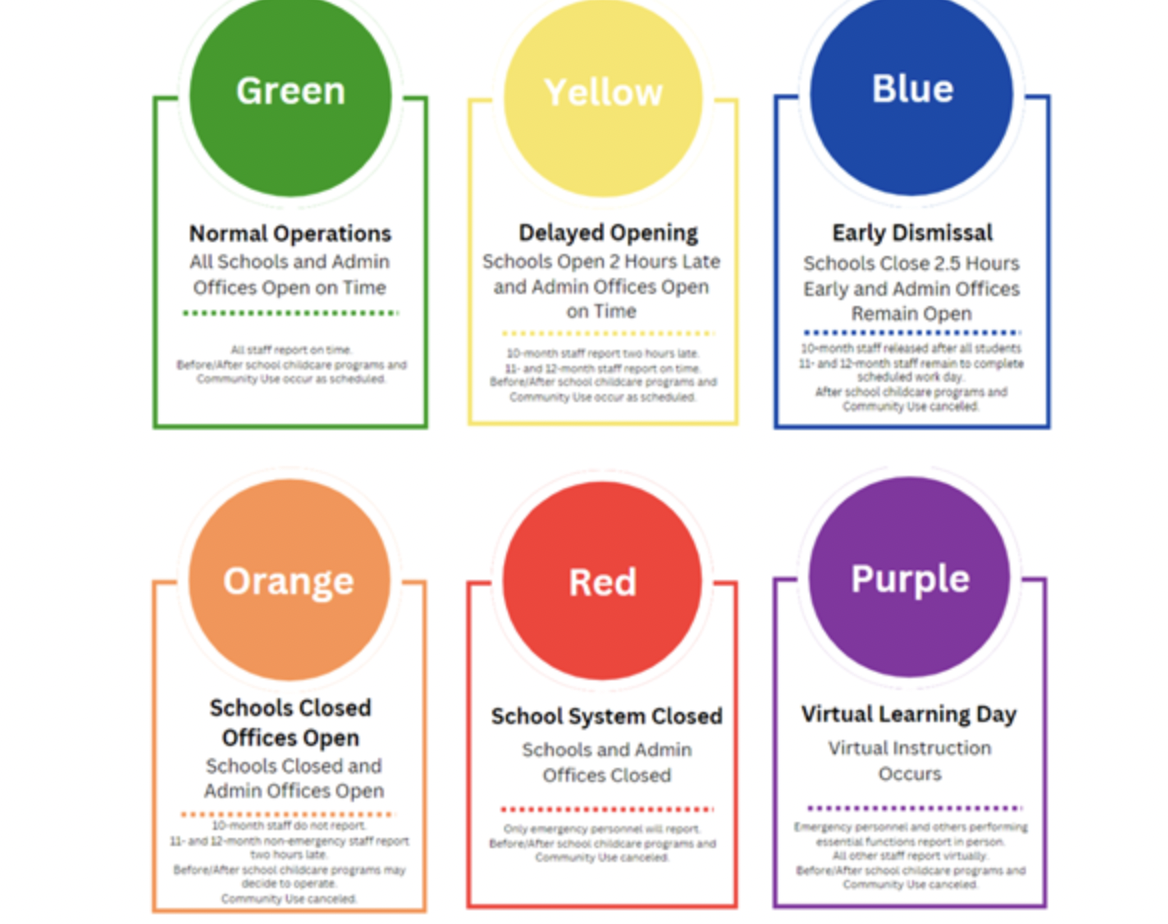What’s undead, anti-feminist and sparkly all over? Edward Cullen, of course.
Since Stephenie Meyer released her best-selling series Twilight in 2005, the series has had nothing but success. From its crazed tween girl fans, to its older more mature audience, it seems that nobody can resist Edward Cullen’s inhuman charm, or Bella’s complete and utter adoration for him. At first glance the series appears to be a sweet and wholesome romance. When placed under closer scrutiny, however, the series is nothing more than a glorified romance novel. But plot and writing aside, it’s the anti-feminism that really sucks the value out of this series.
With Edward’s charm and chivalry making tween heart rates rise to considerable heights, it is no surprise that readers of the Twilight series are too enamored to notice that Edward and Bella’s relationship is far from ideal and is, in Bella’s case, more than lacking in the gender equality found in today’s relationships.
The series makes it painfully obvious that Bella cannot live without a man, and Meyer manages to hide that under the guise of unconditional, and in this case, eternal love. Unconditional love is great, and it’s in every classic book, but Bella takes it to the point of unhealthiness and obsession. After realizing her newfound love for Edward she decides to stop talking to her parents indefinitely and is willing to give up her life (both figuratively, and literally when she becomes a vampire) to be with Edward. More shocking though, is how useless she is without him. She needs him to tell her what to do, and worse, whenever he tells her what to do, she obeys. Edward is hardly blame-free however. In moments of anger he becomes an over-protective and possessive boyfriend, like when he decides that it would be a great idea to dismantle her car to stop her from going to see her friend Jacob. In Edward’s defense, after he does this, he does tell her that she is allowed to be angry with him, but Bella forgives him without even a second thought.
Sickly-sweet and obsessive love aside, we truly get to see a glimpse of anti-feminism when Edward decides to leave Bella “for her own good” in New Moon. Without her man, Bella is left an empty shell, unwilling to live life to the fullest and completely depressed. A grieving period is understandable and even necessary, but to curl up into the fetal position for days, to not eat, to not talk to friends, and to have your own father characterize you as a zombie, is clearly unhealthy. Her inability to stand up for herself and be her own person even causes her to intentionally harm herself, going to the extreme of jumping off a cliff, just to hear his voice (the male voice of reason) in her head.
It is also natural to turn to your friends when you’ve broken up with someone or are sad, but Bella doesn’t find solace in her friends, at least not in her female friends. No, only another man (enter Jacob, the token best friend and possible love interest) can begin to fill the void that Edward left. And that, of course leads to another overly dependent and partially abusive relationship, a.k.a. a typical Bella romance.
This whole anti-feminism idea wouldn’t even be such a big issue if Meyer’s target audience was not also the most vulnerable and prone-to-depression demographic of all tween and teen girls. In fact, according to TeenDepression.org, not only are girls more likely to be depressed, but they are also much more dependant on social relationships (like romantic relationships) and look to their peers (or boyfriends) for cues.
Because the anti-feminist sentiments in Twilight are not being addressed, these young girls are going to enter the most tumultuous, emotionally draining period of their lives (teenager-hood) thinking that this sort of relationship is normal.
According to a July 21, 2008 Newsweek article, not only are young girls reading these books, but their mothers are encouraging them, claiming that the book preaches abstinence till marriage as their justification. These “TwilightMOMS” are right, in that the book does suggest abstinence, but at the same time, it destroys young girl’s dignity, self-image, pride and self-respect, and now it’s doing it with their mother’s consent.
Not only have these books infected the minds of so many young girls, they are also corrupting the world of classic female literature. In what one can only assume is an attempt to get the younger generation to read, Barnes & Noble has started carrying classics like Wuthering Heights, Pride and Prejudice, and Romeo and Juliet with covers styled after Twilight. To take this blasphemy a little further, Wuthering Heights has plastered across its cover “Bella and Edward’s Favorite Book.” Authors like Charlotte Bronte, Emily Bronte and Jane Austen were revolutionary for their time because they advocated women’s rights, and yet, by endorsing them, Twilight has once more managed to force women’s rights a step back.
Somehow this series has managed, even in this day and age, to dupe an entire generation of educated and intelligent young women. Starting in the 1920s with the suffragettes, women have been fighting against the oppressive bonds of a male, chauvinistic society, so how is it that we have allowed four measly 500-page books to turn back the hands of time?
It is important to realize that every girl must now decide if she’s going to be a Bella, or a girl who runs her own life. Twilight has managed to blur the once obvious line between the two choices. The true issue in this book is no longer whether a girl chooses “Team Edward” or “Team Jacob” it’s whether she chooses to live for herself, o






